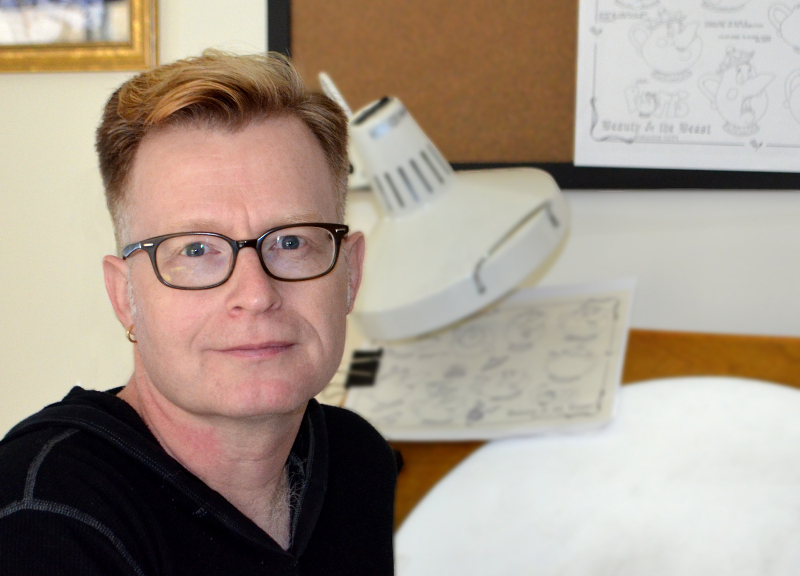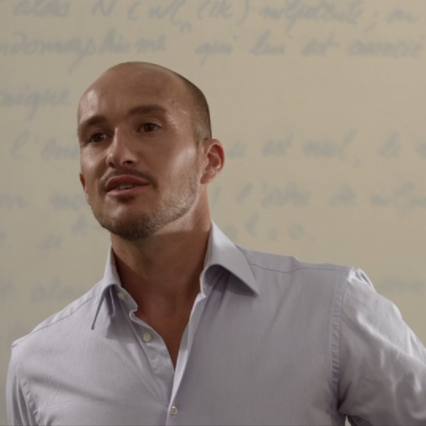Synthetic palaeontology: Reconstructing Ancient Life using Virtual Robots
Bill Sellers, University of Manchester, United Kingdom
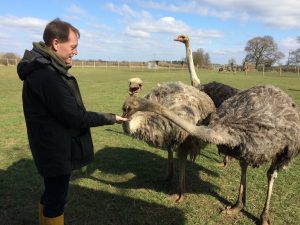
Dr Bill Sellers is a Reader in Integrative Vertebrate Biology in the School of Earth and Environmental Sciences at the University of Manchester. His research looks at how we can use virtual robotic representations of animals to investigate their biomechanics, and in particular how we can use simulation technology to reconstruct the locomotion of fossil animals such as dinosaurs and early humans. Ultimately he sees this work as part of a process of developing virtual worlds in silico to represent past ecosystems to help us to understand the evolutionary stages of life on Earth. He is a firm believer that simulation is only half the battle and so spends plenty of time with real animals in various exotic parts of the world.
Experimenting with computing and in computing: Stretching the traditional notion of experimentation
Viola Schiaffonati, Politecnico di Milano, Italy
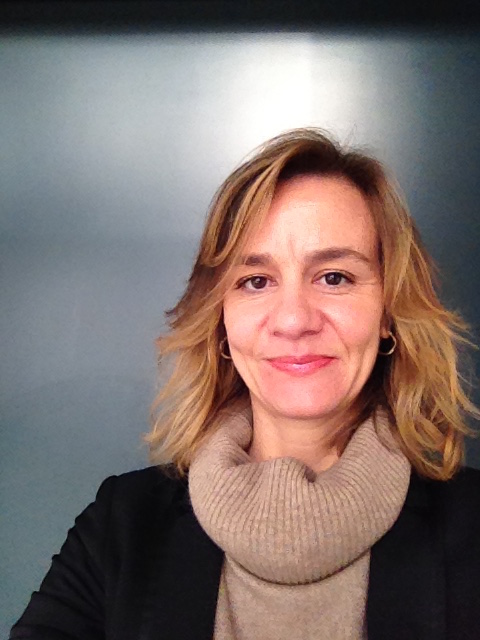
Viola Schiaffonati is associate professor of Logic and Philosophy of Science at the Dipartimento di Elettronica, Informazione e Bioingegneria of Politecnico di Milano. Her main research interests include: the philosophical foundations of artificial intelligence and robotics and the philosophy of computing sciences, with particular attention to the epistemology of experiments in the engineering sciences. She holds a PhD in Philosophy of Science from Università di Genova. She has been visiting scholar at the Department of Philosophy of the University of California at Berkeley and visiting researcher at the Suppes Center for the Interdisciplinary Study of Science and Technology of the Stanford University.
Evolution of complex adaptations
Csaba Pál, Biological Research Centre of the Hungarian Academy of Sciences, Szeged, Hungary
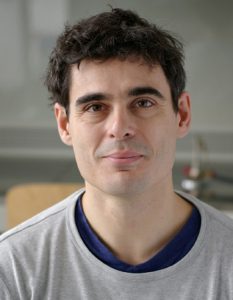
Dr. Csaba Pál is the group leader of the Evolutionary Systems Biology Group at the Biological Research Center of the Hungarian Academy of Sciences, in Szeged, Hungary. His current research focuses on compensatory adaptation as a major driving force in evolution, on the evolution of antibiotic resistance and on evolutionary genome engineering. He holds a PhD degree in Evolutionary Biology from Eötvös Loránd University in Budapest. He has held fellowship positions at the University of Bath (UK), the European Molecular Biology Lab (EMBL), the University of Oxford (UK) and the University of Trento (Italy).
What is life? The emergence of life in a mineral world
André Brack, Honorary Research Director, CNRS, Center for molecular biophysics, Orleans, France
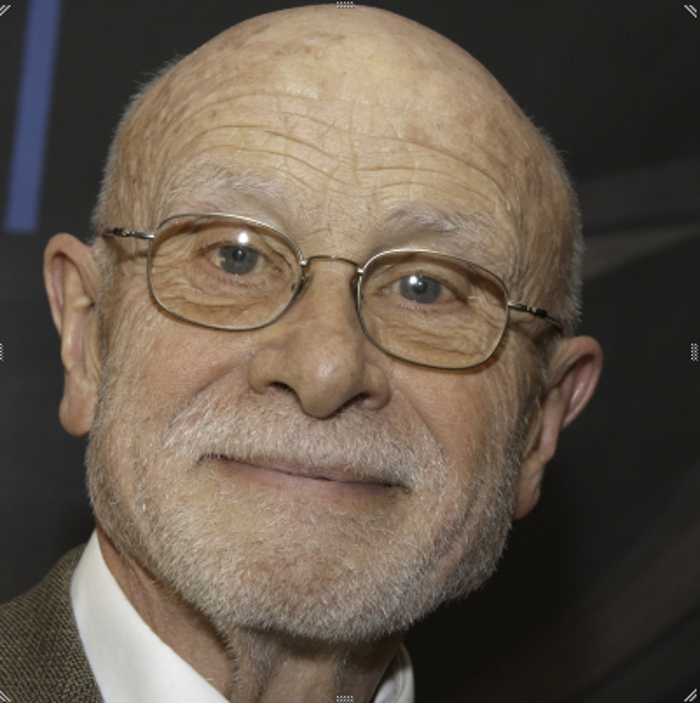
André Brack is presently Honorary Director of Research CNRS in Orléans where he created the Group of Exobiology. He is acknowledged as the founder of this discipline in France. He is Fellow and former President of the International Society for the Study of the Origin of Life. He is Honorary Member of the NASA Astrobiology Institute and Honorary Founder President of the European Astrobiology Network. He is Honorary Founder President of Centre-Sciences, a centre for science popularization. He has published over 220 articles in peer-reviewed journals, 7 books and many science-popularizing articles in magazines.
You can download the slides here.
Drug addiction and alteration of decision making process
Philippe Faure, Université Pierre et Marie Curie, Paris, France
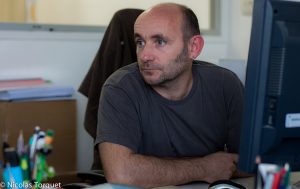
Dr. Ph Faure is research director at CNRS. He currently heads the « Neurophysiology and behaviour Group » in the neuroscience Paris seine department at Pierre and Marie Curie University. His research aims at understanding the neurophysiological basis of reward-directed decision-making and their alteration in addiction. In particular, he is interested in how nicotine exposure can also affect behaviours, unrelated to cigarettes, such as exploration.
Swarm engineering across scales: From robots to nanomedicine
Sabine Hauert, University of Bristol, United Kingdom
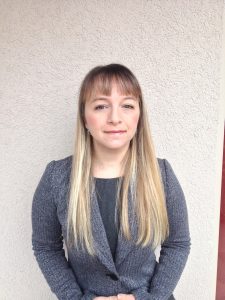
Dr. Sabine Hauert is Assistant Professor in Robotics at the University of Bristol in the UK where she focuses in designing swarms that work in large numbers (>1000), and at small scales (<1 cm). Before joining the University of Bristol, she engineered swarms of nanoparticles for cancer treatment at MIT, and deployed swarms of flying robots at EPFL. Passionate about Science Communication, she is also the President and Cofounder of Robohub.org, a non-profit dedicated to connecting the robotics community to the world.
The Illusion of Life
Andreas Wessel-Therhorn (animator and film director) and Laurent Pujo-Menjouet (Université Lyon 1, France)
Andreas Wessel-Therhorn was born in 1964 in Münster, Germany. From early childhood, he wanted to pursue a career in animation. After studying Design, he moved to London to work on his first feature film, Richard Williams’ The Thief and the Cobbler. He then followed work at Disney Paris and Amblimation, London as well as several commercial houses before relocating to Los Angeles in 1996 to animate on Disney’s Hercules. In a career spanning 27 years, he worked for Walt Disney Studios, Amblin, Universal, Warner Bros, Dreamworks on theatrical features as well as a variety of commercials, infomercials, straight to Home Video movies and theme park attractions. In 2014, he also animated and directed his own short film, which played in over 50 festivals worldwide.

